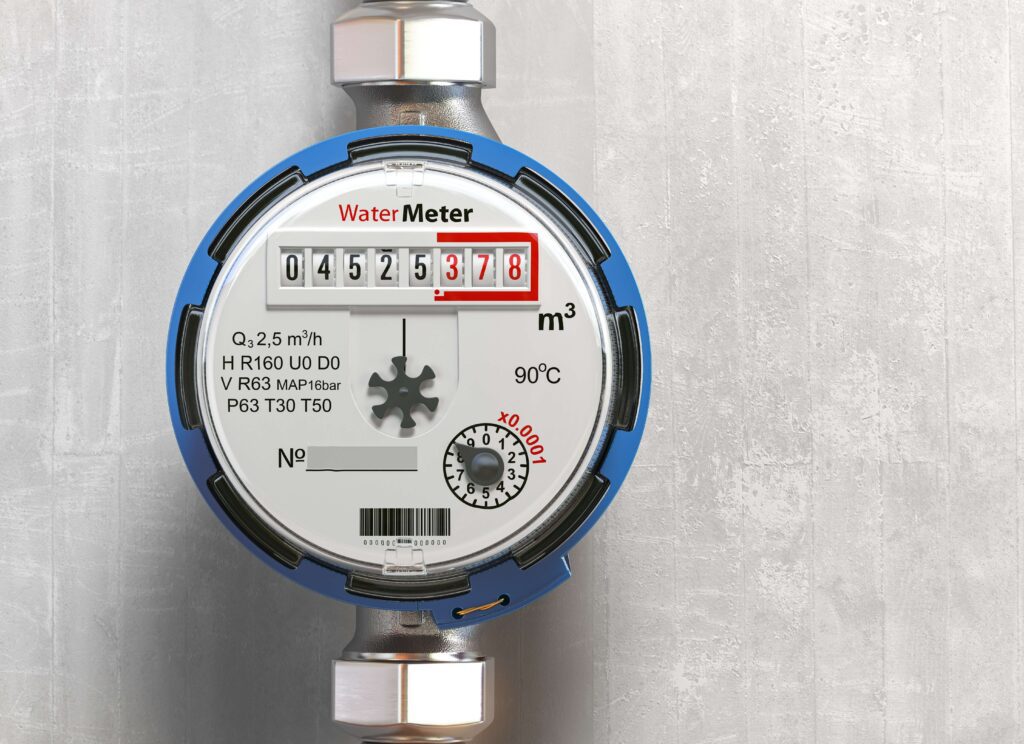
Non-Household Retail Water: Part 1 – A Shift in Identity
As a leading specialist in the market, Fortify has written a series of short articles detailing how the NHH Water industry can tackle the next 5 years and set itself up for success. A focus on data, controls, technology and mindset are crucial drivers to a resilient future.
A complex industry with exceptional levels of change
Since its inception in April 2017, the NHH Water market has been dealing with complexity and change. A sophisticated set of rules and regulations underpin the market and have affected every element: from multiple wholesaler transactional processes to the specialist intricacies of a centralised market settlement system.
The levels of change, both internal and external, are almost unprecedented across any industry. Within its first five years, the market has experienced the merger of two sets of incumbent retailers, substantial retail acquisitions by a new entrant and multiple billing system implementations. When combined with a global pandemic, this has produced fundamental challenges in relation to customer experience, shareholder satisfaction and future investment.
A shift in identity
This series of articles examines the next five years, highlighting areas of focus that could hold the key to a more sustainable and resilient future. A future that delivers on margin targets, whilst transforming customer outcomes and mobilising industry investment.
In this first article, we ask a fundamental question of identity – Water Company or Data Company?

Dealing in data
Data is the currency of the world we live in. All sectors are re-aligning their strategy and culture to this new paradigm, but this re-alignment is even more critical in retail utility companies. Water retailers do not physically touch the products they sell, instead, they deal in meters, locations, consumption, tariffs and addresses – they deal in data.
But more than this, the revenue and costs for each retailer are intrinsically connected to the accuracy of data being held for each of their customers in the market data set and their own billing systems, with potentially divergent estimation algorithms from each system overlaying an added complexity. Financial success, therefore, is highly dependent on the data from each system.
Retailers can minimise failures in their operations, optimise financial performance and best serve their customers by ensuring their data is timely, accurate and well-controlled – treating data as their most fundamental asset.
The data challenge
The challenges of moving to a data-centric strategy can broadly be divided into issues of quality, volume and complexity. Poor market data has been well publicised and is partly due to the tight timescales at market opening. Universal data cleansing did not take place and consequently, the scale of the data quality issue is substantial. The volume of data to be processed, reported and analysed is ever-increasing, as is the speed at which this has to be done. And finally, the complexity of the data driving retail financial performance is considerable. Revenues and costs are determined by two different data sets and estimation engines, and are combined with high volumes of daily data flows. Matching costs and revenues is a complex process, and the ability to do this accurately is a key driver of financial performance.
Investing in data
Meeting these challenges requires investment to ensure data is understood, captured, controlled and utilised effectively, with a relentless focus on data quality built into core processes.
At its foundation, data must be stored and structured optimally. The right architecture is essential for a long-term solution that supports sustained growth. Business understanding and technical understanding must combine to ensure data is controlled effectively.
Improving the reporting and analytical suite ensures data can be understood and utilised across the company, from operational reporting and business dashboards to predictive analytics that can increase profitability.
Data culture is critical
Whilst technical investment is a prerequisite, culture is critical. To embed a data-centric strategy, top-down sponsorship is essential. This is not something that can be managed by the system, delegated or outsourced to a technical team. It must penetrate all aspects of a company’s culture. Other data-centric sectors such as financial services have created structures led by a Chief Data Officer (CDO) sitting on the board rather than a direct report, driving a data agenda across the organisation.
Within a retailer, a CDO would focus on implementing a data culture, recruiting with data skills in mind, improving data quality (both market alignment and non-market), as well as defining an external data strategy (e.g. for vacant properties/move-in and move-outs etc.)
A clearly articulated vision communicated across the organisation, with KPIs that make data a key measure of success is the first step. Identifying which data items are important, their agreed definition, and how they are used is also critical.

A data-centric strategy is a customer-centric strategy
But where is the customer in all of this? It is not a choice between data and the customer, there is no trade-off to be made. To be the best at servicing their customers, and knowing their customers, a retailer must be the best at understanding their customers’ data when contact occurs. Data underpins every customer journey and every customer experience.
Often, the best experience is no experience at all. Most small and medium-sized consumers have no desire to contact their energy, telecom or water company but are forced to make contact because something goes wrong, such as an inaccurate bill. Organisations can minimise operational failures and subsequent contact by ensuring data is correct so that metering, billing and collections occur without issue.
A model for the future
As retailers kick start this paradigm shift they can look to companies such as Vodafone, Experian and Bloomberg – world-class data organisations with strong customer service for when things go wrong. Their vision – to be the best data company in the sector, with the best exception management, so that failures are truly the exception and not the norm. The best routes for exception management are digital, to make contact consistent and low cost; data reduces contact; digital makes that contact more efficient.
The next 5 years
To ensure retailers are set up for the next five years there must be a significant shift in identity and culture. Best-in-class data reduces contact and cost from an organisation, enabling expected net margins to be met, and changing data from cost to profit-enabling investments.
Retailers cannot afford to see themselves simply as water companies, data is pivotal to the future of the NHH water industry and thinking like a data company will fast-track retailers to a more sustainable and resilient future. Now is the time to build data-centricity into the strategy and culture of water retailers.